Iran: US claim of policy change towards JCPOA 'only in words’
Iran’s UN ambassador has rejected a US claim of policy change towards the 2015 multilateral nuclear deal, saying Washington is still pushing ahead with the so-called “maximum pressure” campaign against Tehran.
Speaking at the United Nations General Assembly on Friday, Majid Takht-Ravanchi complained that the US economic terrorism against the Iranian nation has hampered the import of medicines to the country.
“The current US administration’s claim of policy change towards the JCPOA is just in words. In practice, the US policy of maximum pressure still continues, preventing Iran from using its own financial resources abroad to import medicines,” he said, referring to the nuclear deal by the acronym of its official name, the Joint Comprehensive Plan of Action.
"Although the ongoing talks in Vienna are the first step in assessing the accuracy of the true political will of the US to return to the JCPOA, the main and real test will be after verification, when it is proven that America has changed course, abandoned its failed policy of maximum pressure, and stopped its economic terrorism against Iran.”
Former US President Donald Trump abandoned the JCPOA three years after its conclusion and launched what his team called a “maximum pressure” campaign with the stated objective of forcing Iran to renegotiate “a better agreement.”
The Islamic Republic refused to bow down to the pressure and adopted instead a “maximum resistance” policy, which includes economic measures to weather the bans as well as reducing Tehran's compliance with the JCPOA.
The new US administration, under President Joe Biden, says it wants to undo Trump’s wrongs and rejoin the deal, but it is showing an overriding propensity for maintaining some of the sanctions as a tool of pressure.
Tehran insists that all sanctions should first be removed in a verifiable manner before the Islamic Republic reverses its remedial measures.
Since April, envoys from Iran and the P4+1 group of countries — Britain, France, Russia, and China plus Germany — have been holding talks in Vienna aimed at lifting the sanctions, revitalizing the JCPOA and bringing the US back to compliance.
The US has sent a delegation to Vienna but it is not attending the JCPOA Joint Commission discussions directly as Washington is no longer a party to the deal. It has, however, held separate talks with the other parties to the JCPOA.
Elsewhere in his remarks, Takht-Ravanchi said, “The UN Security Council (UNSC) adopted a deadly silence in the early days of 2020, when the United States martyred regional counter-terrorism heroes, including General Soleimani, in a terrorist act at the direct order of its president. A few days later, the US president threatened to hit 52 sites, including Iran's important cultural sites.”
"Of course, in the same year, when the United States presented a draft resolution to impose an arms embargo on Iran, 13 UNSC members categorically rejected it. Subsequently, when that country tried to trigger the snapback mechanism against Iran, the same 13 UNSC members dismissed the US move. They said that the US had lost any right to use the snapback mechanism by its withdrawal from the JCPOA and that the US illegitimate claim had no legal, political or practical effect,” he added.
Also on Friday Iranian Deputy Foreign Minister Abbas Araqchi announced that a new round of the Vienna talks will resume on Saturday.
"The participants are expected to continue consultations on the possible return of the United States to the nuclear accord and ensuring the full and effective implementation of this agreement," Iran's top negotiator said on his channel on the Telegram messaging app.
FM Araghchi departs Muscat for Doha following nuclear talks with US
Israeli keeps killing more Palestinian civilians in Gaza amid relentless ceasefire violations
Aliyev: Azerbaijani territory will not be used for threats against Iran
Turkey arrests two on charges of spying for Israeli regime
Iran FM declares ‘good start’ as US–Iran talks conclude in Muscat
Iran strongly condemns 'terrorist' mosque blast in Islamabad
Iran enters talks backed by national power, popular support: MP
France, UK involved in assassination of Muammar Gaddafi's son: Reports


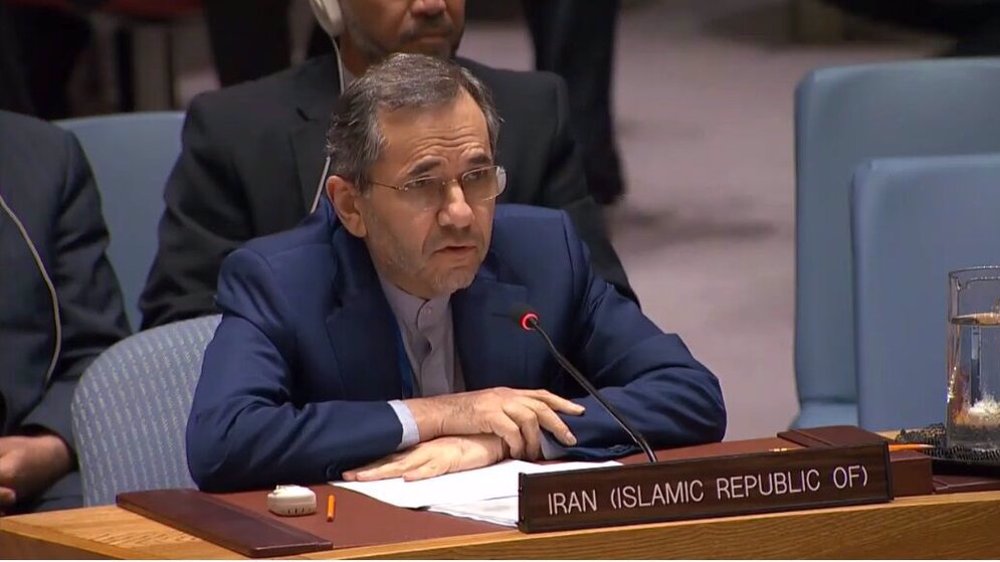

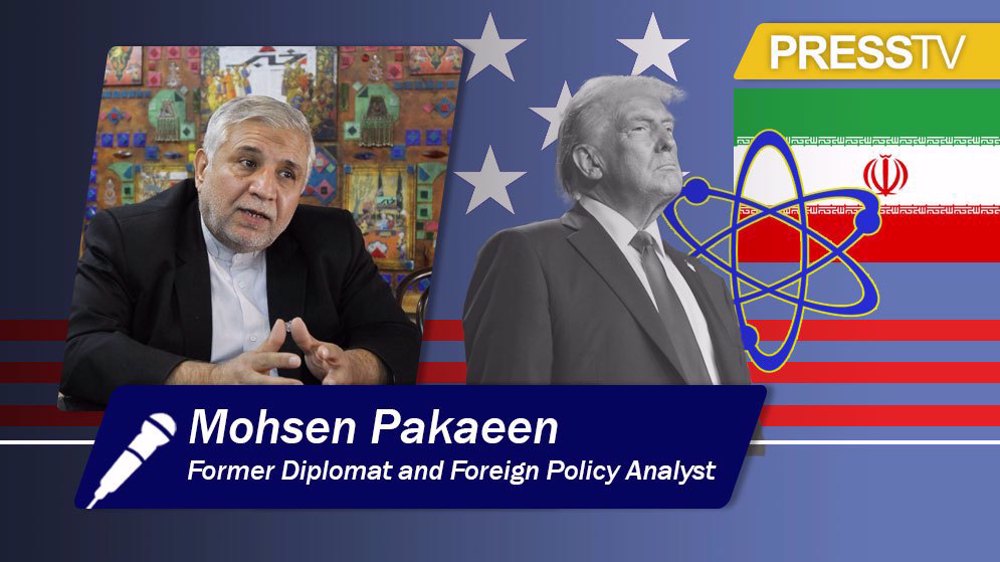
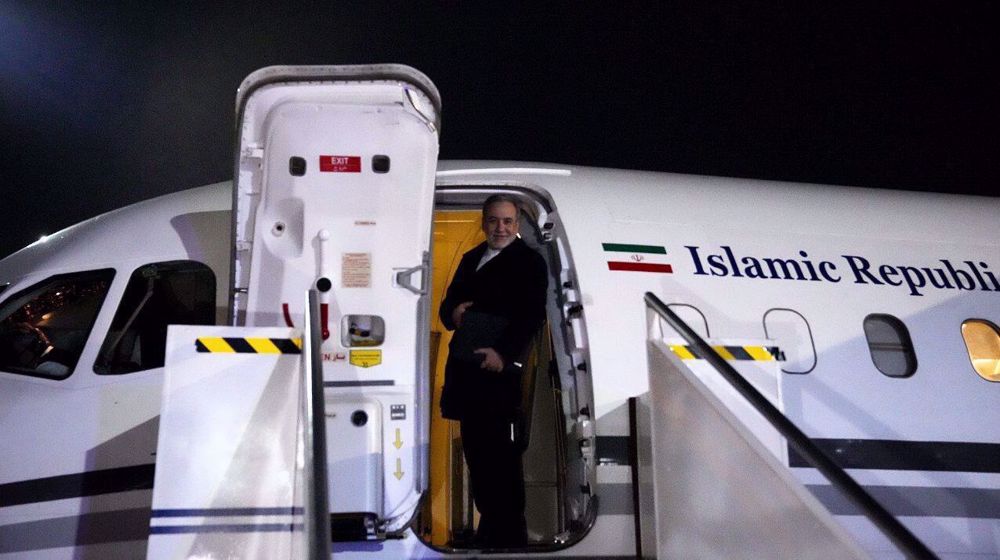
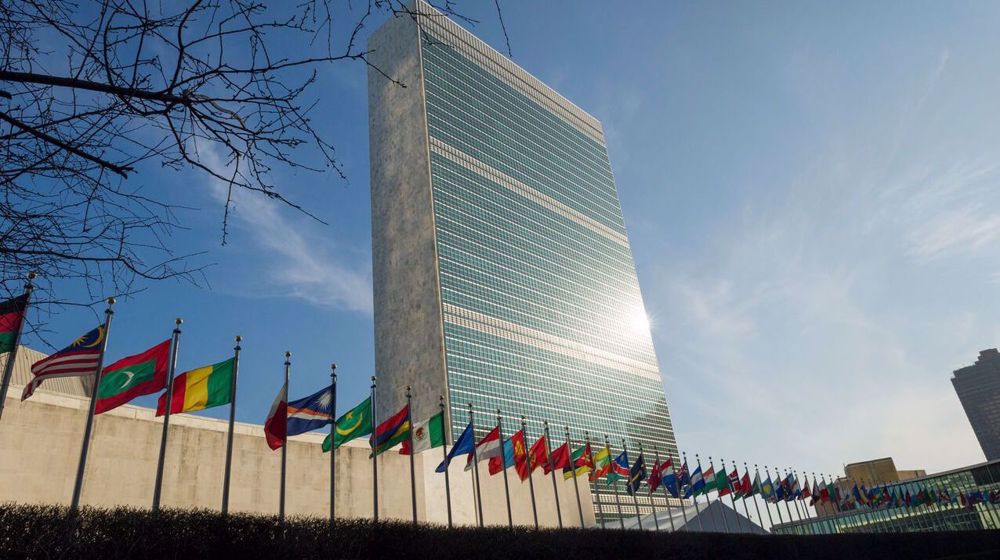





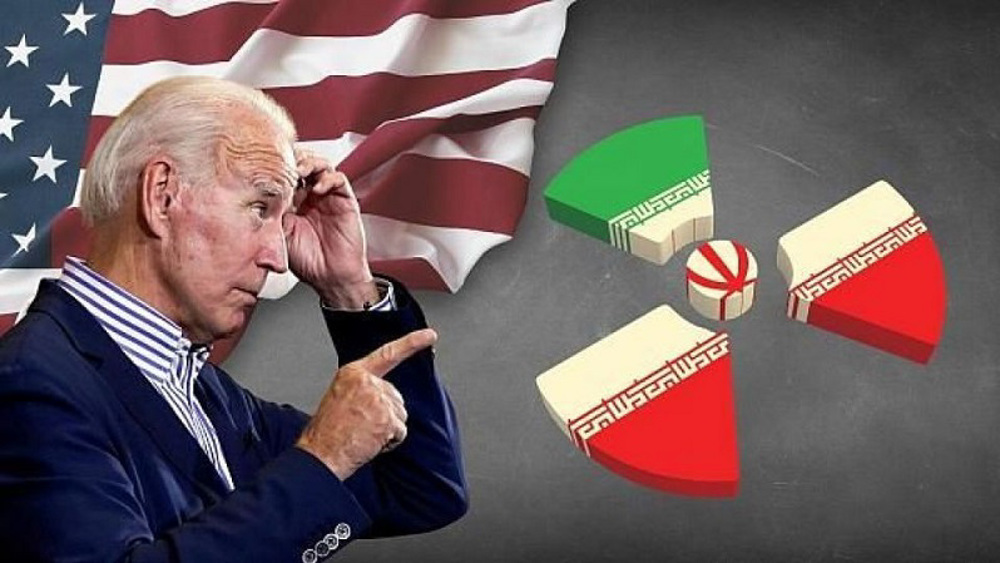
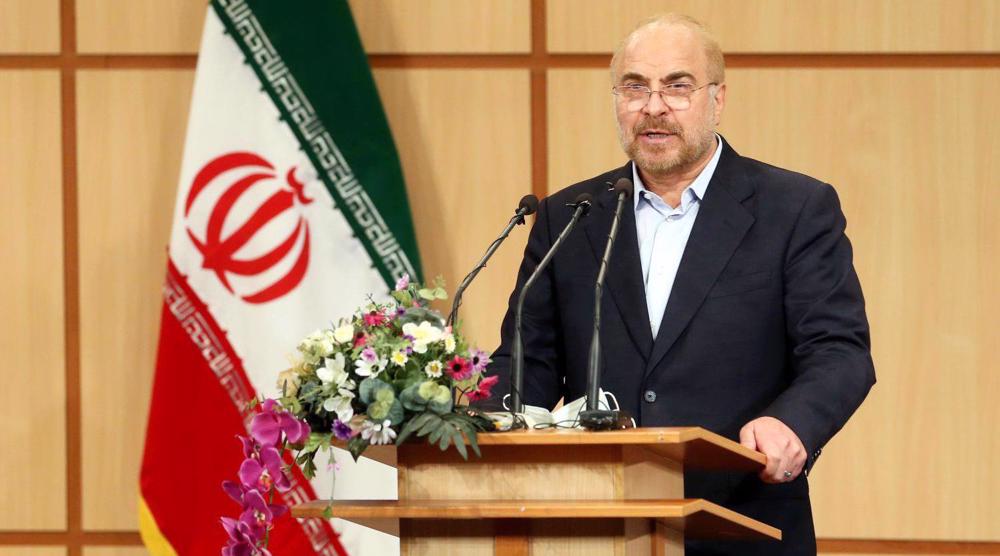
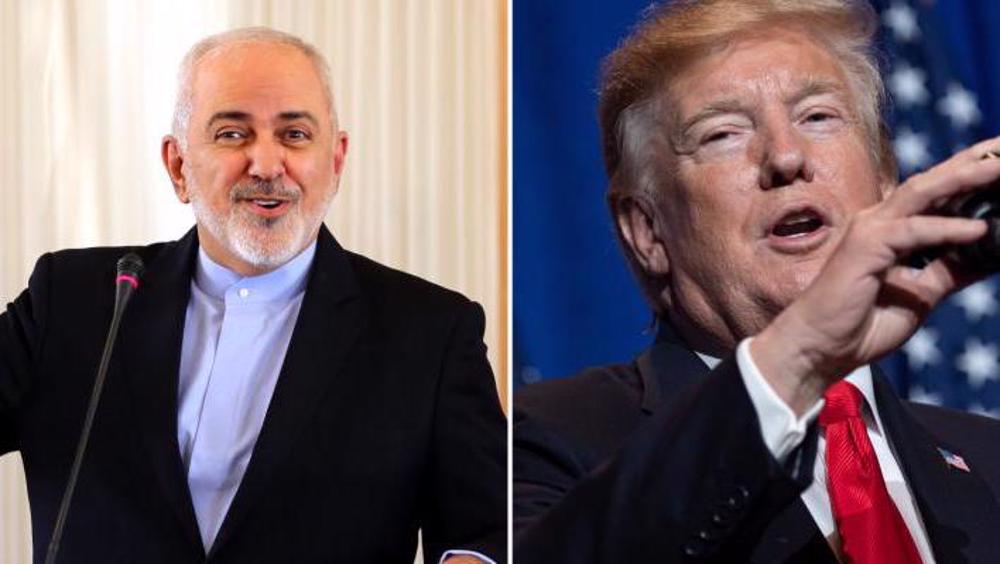
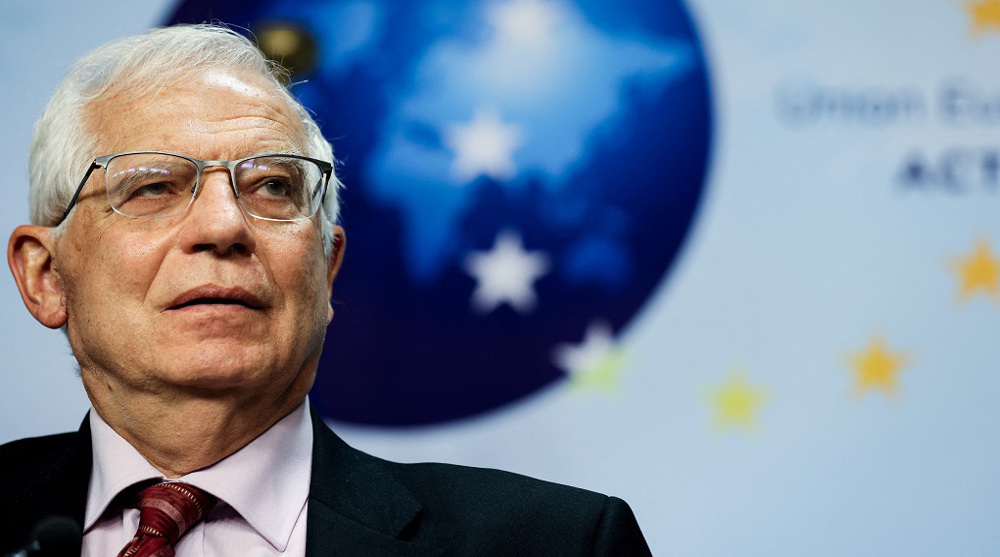

 This makes it easy to access the Press TV website
This makes it easy to access the Press TV website